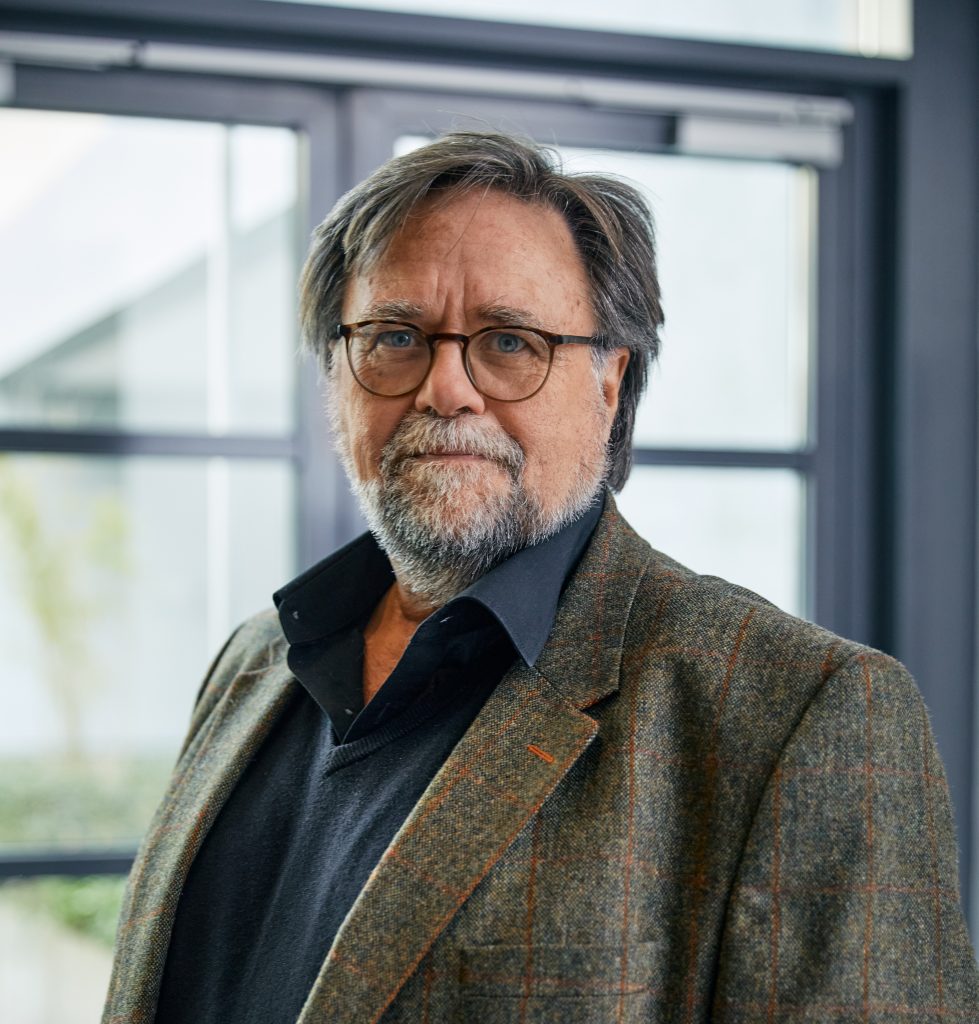Leaders need followers. Let's be great followers
We need to demand more from our leaders…and from ourselves. As people who are creating leaders we need to demand that they bring more to the table than shiny promises and clickable content. We need to know what values and principles will inform their decisions and what standards they use to assess their own performance.
We don’t have the copyright on what it takes to be a leader. For all our talk of ’Integrity’, ‘Consistency’ and ‘Inclusiveness’, we could just as easily add, ‘Arrogance’, ‘Fanaticism’ and ‘Psychopathy’. And while many people are likely to agree on what constitutes a ‘good’ person, we can’t avoid the reality that we often choose and elect Leaders that are far from this ideal.
This, of course, presents a challenge to those of us who claim to have some expertise in what it takes to become a leader. Despite decades of research, it suggests that maybe there is, in fact, no correct ‘formulae’ for leadership. Thoughtful, honourable people are losing out to impulsive, podium-thumpers. High ideals are taking second place to populist rhetoric.
It is often claimed that there would be no leaders without followers. So maybe we should spend a bit of time focussing on the skills of the followers rather than just the supposed qualities of those that lead them. If we ignore the power that followers have (particularly the first followers who can be disproportionately influential), we will continue to waste our energy trying to choose between increasingly meaningless leadership behaviours.
So this is for the followers. How do we avoid, what The Economist recently described as ‘the Kakistocracy’? (i.e ‘Government by the least suitable or competent citizens of a state’).
Self interest v. Moral responsibility
Leadership is not merely a position of authority, but a moral responsibility to inspire, guide, and empower others with integrity and empathy.
Caneel Joyce
In today’s political landscape, personality often overshadows policy. Leaders are frequently judged not by their depth of character or reflective capacity but by their ability to project charisma, dominate media cycles, and cultivate a brand. Leadership becomes performative – the focus shifts from substance to spectacle.
Social media, of course, exacerbates this, reducing complex issues to soundbites and rewarding leaders who can command attention rather than foster nuanced dialogue. Leaders are incentivised to project strength, certainty, and visibility—qualities that play well in public but may mask a lack of genuine self-awareness or principled conviction.
More than a century ago Soren Kierkegaard, observed that in a world where spectacle and self-interest replaces moral responsibility, ‘all inwardness is lost’. In other words, we lose the incentive (and then the need) to reflect and assess ourselves against any sort of moral virtue. ‘Character’ is overtaken by superficiality and opportunism on the path to success.
And, as followers, when we allow this to happen, we become complicit in the emergence of the Kakistocracy.

The loss of "inwardness"
Each person’s work is always a portrait of himself
Samuel Johnson
This loss of ‘inwardness’ is likely to have resounding consequences. I think there are three important ones.
- We lose confidence in our leaders’ ability to set and reinforce standards of behaviour. If the Priest or the Teacher or the Parent or the Minister is behaving this way, then it must be OK for everyone else to do the same. It breeds cynicism.
- There is the loss of moral authority when it comes to decision-making. Without some inwardness, leaders risk making decisions driven by populism, polls, or personal gain, rather than ethical reflection or long-term vision. We get poor outcomes, or at least outcomes that are likely to benefit only a few. Leaders who lack inwardness are often reactive, responding to crises impulsively rather than with considered reflection, leading to erratic policies. As followers, this should worry us before it divides us.
- The third consequence is the fragmentation of trust. We have seen this play out over the last decade as social media, deep fakes, AI and malicious hacking have eroded our trust in information. The risk is that all news is treated as if it has equal (or minimal) value. It is the number of ‘likes’, rather than the number or sources that determines truth. The problem for followers is that we lose confidence that we can make intelligent choices about who should lead us. And, what is more, we may be overly influenced by opportunistic First Followers who see an opportunity for personal gain.
Without trying to be too hyperbolic, I do think we are currently facing a bit of a race for the soul of the planet. In one lane we have the ‘spray on charismatics’ who project more but listen less. Beside them are the leaders that are much more pronounced in their ‘ordinariness’. Their attraction comes from a conviction rather than an opinion. They inspire rather than command and speak to something that uplifts rather than divides us.
We need reflective leaders
Leadership and learning are indispensable to each other
John F. Kennedy
I want to believe that there is a hunger for leaders who exhibit vulnerability, humility and a reflective nature – people who are bigger, more noble versions of ourselves. People who are refuelled and directed by a willingness to acknowledge the importance of their inward journey. It is also compelling to think that the noble leadership attributes we have been trying to define for so long, can still resonate deeply, especially in moments of societal uncertainty.
But the influence of ‘spray-on’ charisma is strong. It plays on our fears and offers reassuring soundbites, immediate solutions and attractive (if selective) gains. The offer is what we reach for, the integrity of the person offering it is less of an issue.
So what do we, as followers need to be doing more of (or less of) if we are to avoid the worst excesses of the Kakistocracy?
- We can begin by highlighting and courageously promoting those values that we hold dear. If we believe in virtues like tolerance, fairness and honesty, then we should be amongst the first to promote and follow the would-be leaders who actively live those values. Character should matter to us
- We need to be able to combine curiosity with healthily scepticism. We may crave donuts and we may well be attracted to a candidate who offer them to us, but we should also be intelligent enough to ask where they came from, how they were made and why they can be given away so easily
- We should encourage our would-be leaders to prioritise their own self-awareness. This is a fundamental element of Emotional Intelligence and yet we seem all too willing to excuse leaders who demonstrate an alarming lack of it. There is an arrogance in assuming that there is no more to know about yourself or no need to appreciate the impact of your behaviour on others.
- Finally, we need to recognise that ridicule and satire is not enough. Many destructive and dysfunctional leaders have been dismissed as clowns, lightweights and bullies. Though it might make some of the followers feel better, it rarely has any impact. As Hitler’s biographer Ian Kershaw, notes that, ‘the mass appeal of the charismatic leader has only an indifferent relation to that leader’s actual personality and character attributes’. The masses are following for entirely different reasons. Our perceptions are more immediate, and often more compelling, than reality. We need to be more challenging and less sarcastic.
Deep down, I believe, character matters. If we choose to settle for mediocre (let alone manifestly dishonest or immoral), we shouldn’t blame our leaders for delivering it.
We need to demand more from our leaders…and from ourselves. As people who are creating leaders (by deciding to follow them) we need to demand that they bring more to the table than shiny promises and clickable content. We need to know what values and principles will inform their future decisions and what standards they use to assess their own performance.
And the best way to find out? Do what all good recruiters do. Recognise that past performance is the very best guide to future behaviour. Not the endorsement of influencers, not the mouth-watering visions of donuts to come, nor the viral blare of self-publicity…but a gentle uncovering of character, evident in words already spoken and deeds already done.
This article was first published in The HR Director in February 2025
Where next?
If your business needs reflective leaders with the skills to guide followers, we will be happy to discuss leadership with you. Everything we do is tailored to each specific client’s needs, so your leaders have the agility, resilience and confidence to lead both the people and the buisness. Do get in touch to start the conversation.

Tim Kemp
is a senior Programme Director for CLS. He leads the UNICEF Global Management Masterclass, is a highly experienced trainer of trainers, visiting professor and prolific writer on organisational development, leadership and training. Tim has a deeply thoughtful approach to his work, toether with a robust sense of humour. His approach is both experiential and practical. “There is no one right way to do management. The point of developing people is to help them have a positive impact on their organisation. Give managers the tools and they can change the world.” Tim works globally, helping leaders, managers and teams, find their flow.



